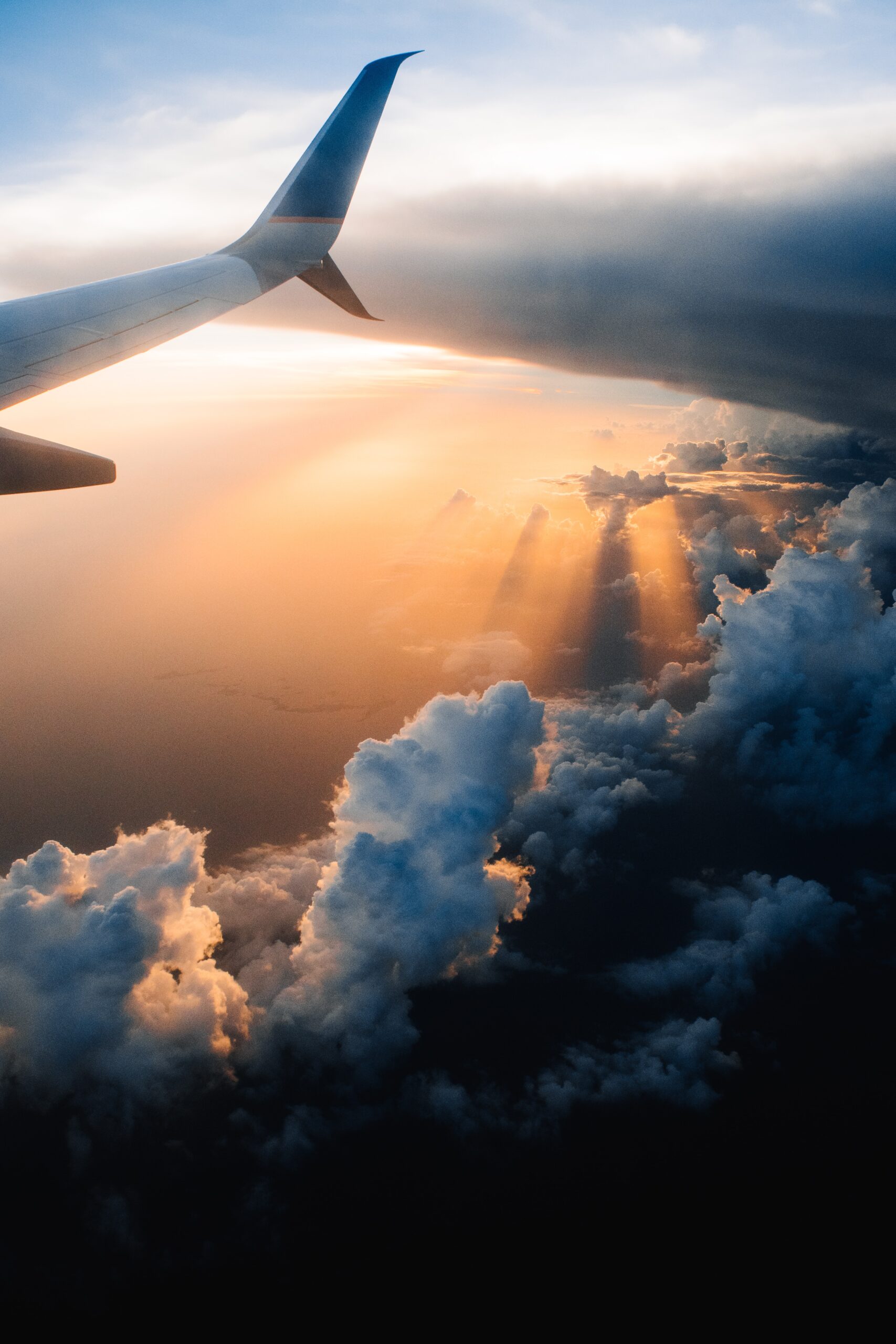Botswana Transportation Guide
Botswana Transportation Guide: Transportation includes well-maintained roads, domestic flights for remote areas, and safaris with 4×4 vehicles for wildlife adventures.
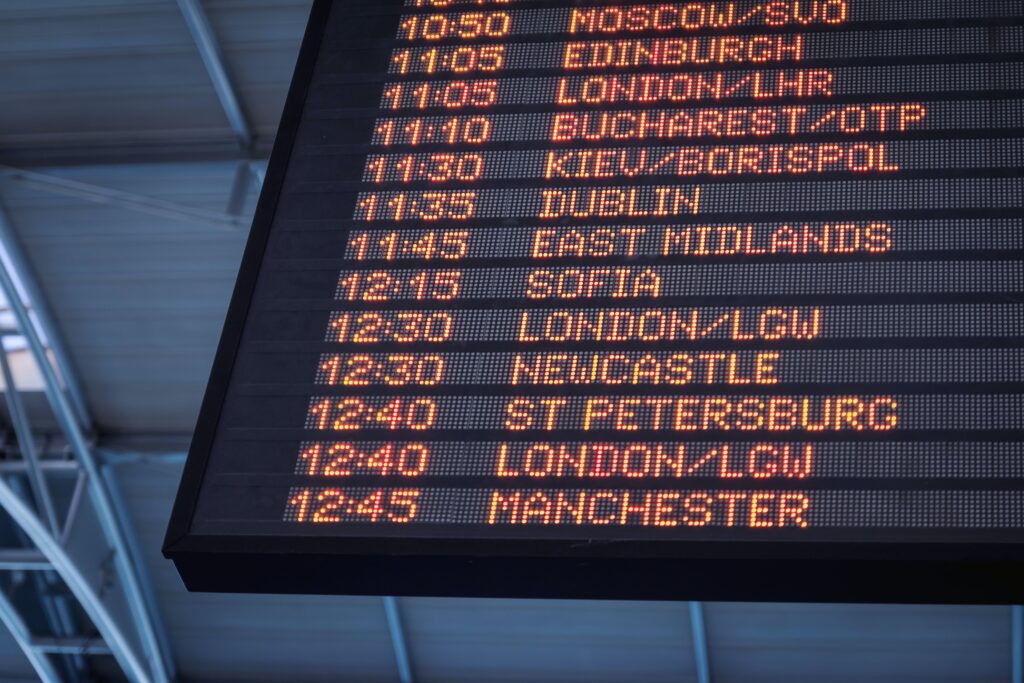
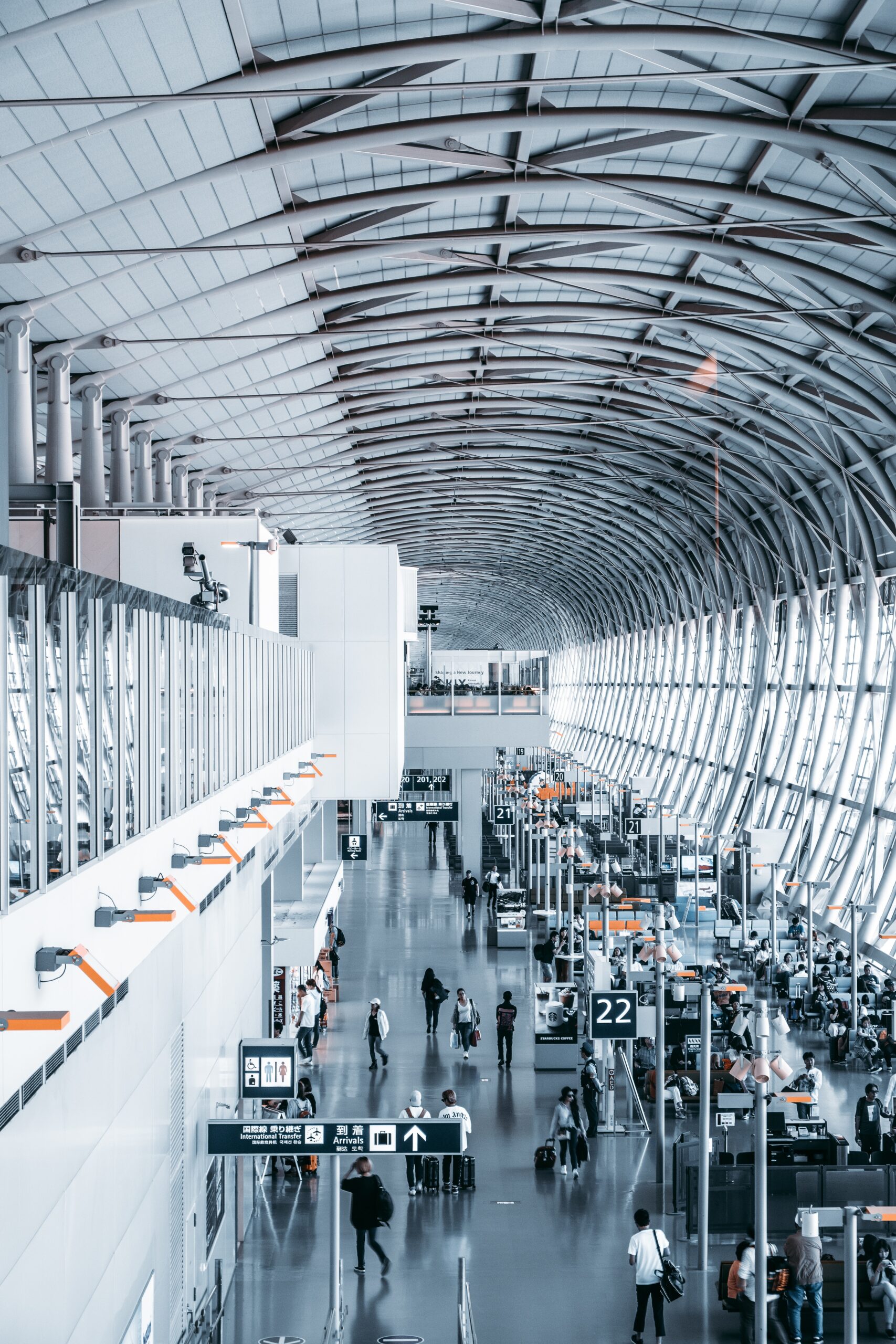
Botswana Transportation Guide – International Airports
Botswana has a few international airports that serve as gateways to the country. The major international airports in Botswana include:
Sir Seretse Khama International Airport (IATA: GBE):
Located in the capital city, Gaborone, in southeastern Botswana. It is the busiest and most significant international airport in the country, offering both domestic and international flights. Sir Seretse Khama International Airport provides connections to various destinations in Africa and beyond.
Maun International Airport (IATA: MUB):
Situated in Maun, in the northern part of Botswana. Maun International Airport serves as a primary entry point for tourists visiting the Okavango Delta, a UNESCO World Heritage Site known for its wildlife and wetlands.
Kasane Airport (IATA: BBK):
Located in the town of Kasane in the northeastern part of Botswana. Kasane Airport is a crucial gateway for travelers visiting Chobe National Park and other wildlife-rich areas in the region.
Francistown International Airport (IATA: FRW):
Situated in Francistown, in the northeastern part of Botswana. While it primarily handles domestic flights, it also has some regional connections.
National Airports
Botswana has several national airports that serve domestic flights within the country. Some of the notable national airports in Botswana include:
Maun Airport (IATA: MUB):
Located in Maun, in the northern part of Botswana. Maun Airport is the busiest domestic airport in the country and serves as a gateway to the Okavango Delta, a popular tourist destination.
Kasane Airport (IATA: BBK):
Situated in Kasane, in the northeastern part of Botswana. Kasane Airport is another important domestic airport, providing access to Chobe National Park and the surrounding wildlife areas.
Francistown Airport (IATA: FRW):
Located in Francistown, in the northeastern part of Botswana. Francistown Airport serves as a regional transportation hub for northeastern Botswana.
Ghanzi Airport (IATA: GNZ):
Found in Ghanzi, in the western part of Botswana. Ghanzi Airport facilitates travel to the Kalahari Desert and surrounding areas.
Selebi-Phikwe Airport (IATA: PKW):
Situated in Selebi-Phikwe, in eastern Botswana. Selebi-Phikwe Airport serves the eastern part of the country.
Sowa Airport (IATA: SWX):
Located near Sowa Town in northeastern Botswana. Sowa Airport is primarily used for domestic flights and is situated near the Makgadikgadi Pans.
Orapa Airport (IATA: ORP):
Found in Orapa, in central Botswana. Orapa Airport serves the mining town of Orapa and the surrounding region.
Botswana Transportation Guide – Trains
Botswana had a limited railway network primarily focused on the transportation of goods, especially minerals like coal and salt, rather than passenger services. The country’s railway system is operated by the government-owned Botswana Railways (BR), which connects to neighboring countries for freight transportation. Here are some key points about the railway system in Botswana:
Railway Network: Botswana Railways operates a network of railways, with lines extending to several key towns and cities within Botswana and connecting to neighboring countries such as South Africa, Zimbabwe, and Zambia.
Passenger Services: While Botswana has primarily focused on freight transportation, there have been limited passenger services in the past, mainly between the capital city, Gaborone, and the second-largest city, Francistown. However, passenger services were infrequent and not as extensive as in some other countries.
Freight Transportation: The railway network in Botswana is primarily used for the transportation of goods, including minerals, agricultural products, and other commodities. It plays a vital role in the country’s economy by facilitating the movement of these resources to ports and markets.
Improvements and Expansions: Botswana has shown interest in expanding and improving its railway infrastructure to enhance both freight and passenger services. Plans for railway modernization and expansion projects were in progress as of my last update, with the goal of increasing the capacity and efficiency of the railway system.
International Connectivity: Botswana’s railways are connected to the railway networks of neighboring countries, allowing for the transit of goods to and from these nations. The railway links to countries like South Africa are essential for international trade.
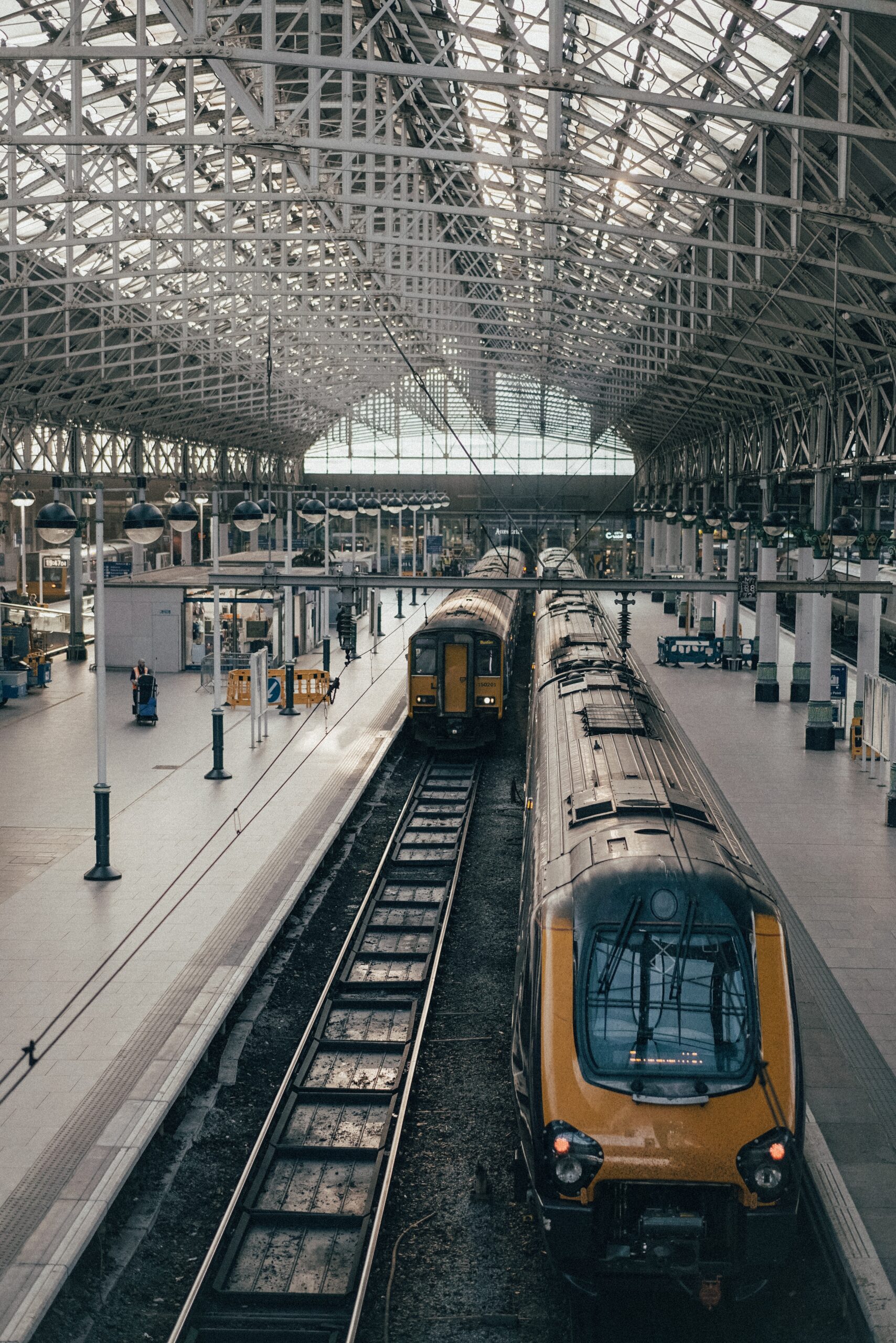

Botswana Transportation Guide – Buses
Botswana has a well-developed road network, and buses play a significant role in providing public transportation and connecting various parts of the country. Here are some key points about buses in Botswana:
Public Buses: Public buses in Botswana are operated by several companies and organizations. These buses serve both urban and rural areas, making it possible for residents and tourists to travel within the country.
Interurban and Long-Distance Buses: In addition to local urban buses, there are also interurban and long-distance bus services that connect major cities and towns within Botswana and to neighboring countries. These buses are an essential mode of transportation for many people traveling between regions.
Private Bus Companies: Several private bus companies operate in Botswana, providing scheduled services to various destinations. These companies may offer different classes of service, from basic to more comfortable options, depending on the route.
Cross-Border Travel: Botswana’s bus services also connect to neighboring countries, such as South Africa, Namibia, Zimbabwe, and Zambia, allowing for cross-border travel. This is an important means of transportation for both local and international travelers.
Terminals: Major cities like Gaborone and Francistown have bus terminals or stations where passengers can board buses and purchase tickets. These terminals often serve as central hubs for transportation connections.
Rural Areas: Buses play a crucial role in providing transportation to remote and rural areas of Botswana, where road infrastructure may be less developed. They help people access essential services and connect with urban centers.
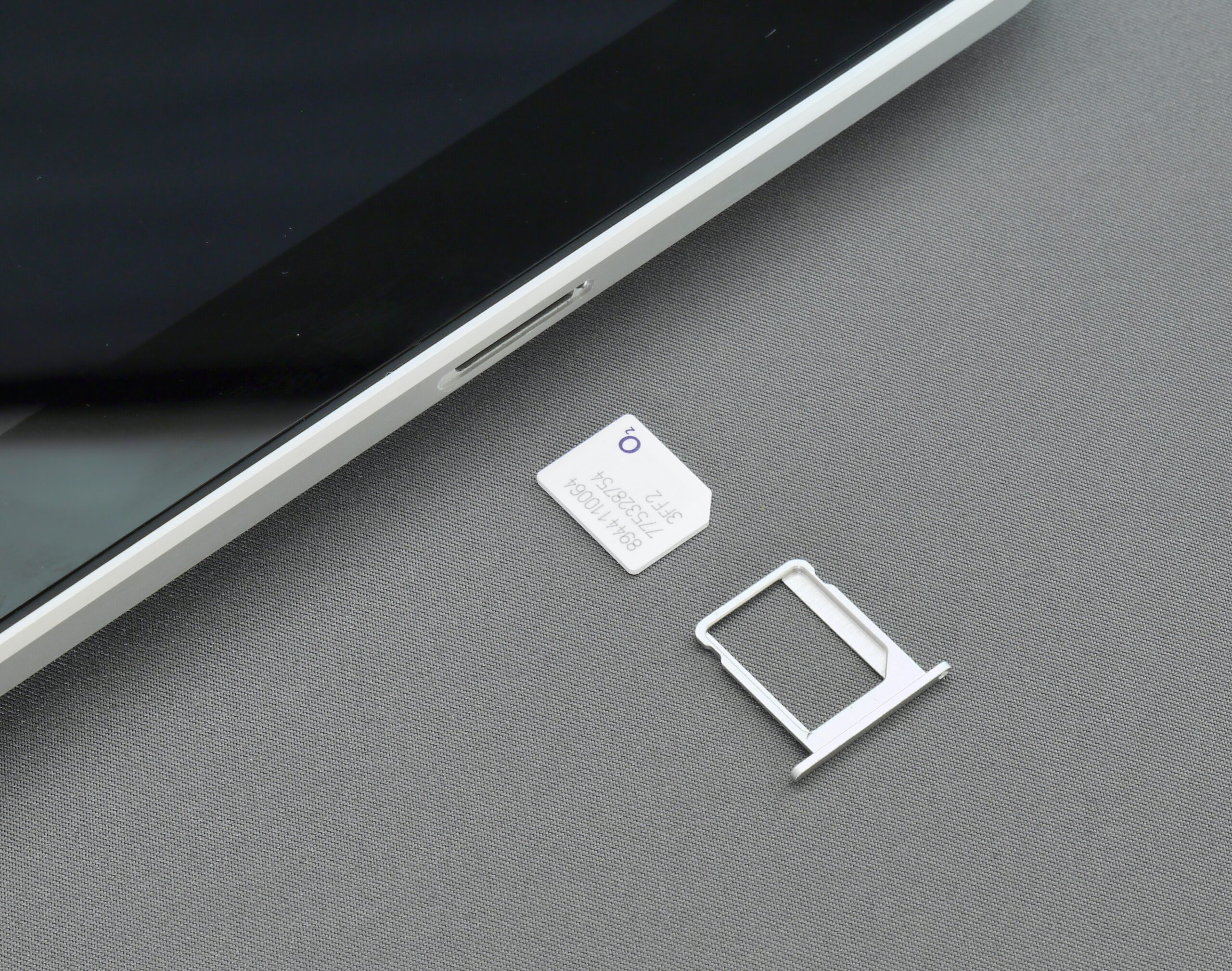
We recommend
Botswana travel tips
Our guide offers essential Botswana travel tips and insights for an unforgettable journey. Plan your trip with us!
Botswana Transportation Guide – SIM Cards
Traveler’s Guide to SIM Cards in Botswana:
SIM Card Availability: Obtain SIM cards at airports, local stores, or official provider outlets. Ensure your phone is unlocked for compatibility.
Documentation: Have a valid passport for SIM registration. Registration may be required, and the process is usually straightforward.
Top-Up Options: Recharge with airtime vouchers available at convenience stores, supermarkets, or through the provider’s app/website.
Data Packages: Explore affordable data plans for internet access. Providers offer various packages to suit your data needs during your stay.
Network Quality: Mascom and Orange generally have good coverage, even in rural areas. Check reviews or consult locals for insights.
Roaming Considerations: Confirm international roaming rates with your home provider. It may be cost-effective to use a local SIM for extended stays.
Emergency Services: Save important numbers, including emergency services and your country’s embassy, for quick access.
Mobile Banking: Some providers offer mobile banking services linked to your SIM. Explore these options for convenient transactions.
Dual SIM Phones: If possible, use a dual SIM phone to keep your home SIM active for calls while using a local SIM for data.
Validity Period: Ensure your SIM card remains active during your stay. Some may expire if not used for an extended period.
Internet Speeds: Botswana’s urban areas generally have good internet speeds, but rural locations may experience slower connectivity.
Customer Service: Familiarize yourself with customer service contact details in case you encounter issues or need assistance.
Public Wi-Fi: While available in urban areas, rely on your local SIM for consistent and secure internet access, especially in remote locations.
SMS Alerts: Providers often send notifications about data usage and promotions. Keep an eye on these to manage costs effectively.
Currency Converter
Currency Converter EUR/USD: Sun, 1 Jun.
Unit Converter
Botswana Transportation Guide – Maps
What map do you need?
Choose your destination
More information about this country


